Proteins are the building blocks of our body. They are the reason behind our muscle regeneration and help speed up recovery and gain strength. While animal protein helps maintain a well-balanced diet for most non-vegetarians, vegetarians often feel that they have fewer choices, but that’s not true as there are quite a few high-protein vegetarian Indian meals to choose from.
What you need to know:
- Understanding the importance of protein in a vegetarian diet
- Complete protein and combining plant-based sources
- Balancing a high protein vegetarian diet
Understanding the importance of protein in a vegetarian diet
According to a National Family Health Survey, 7 out of 10 Indians enjoy non-vegetarian food. A proper high-protein Indian food is necessary for all and should your family be vegetarian, you need to make sure you are also covered.
In India, families that are thoroughly vegetarian may find it a little harder to create healthy and high-protein vegetarian Indian meals. However, plant-based proteins promote heart health, lower blood pressure, help in reducing weight and improve digestive system.
So, we have compiled a list of high-protein Indian foods that can be of great help to Indian vegetarian families.
Complete protein and combining plant-based sources
Kidney beans – Protein: 7.5 grams per 1/2 cup serving
Kidney beans are full of protein, carbohydrates, and fiber. Paired with boiled or steamed rice, rajma-chawal is an all-time favourite dish for quite a few Indians. It is a healthy, wholesome high-protein Indian food, which is tasty and enjoyed by all.
Chickpeas – Protein: 7.3 grams per 1/2 cup serving
Many nutritionists recommend chickpeas for vegetarians. They could be the main source of proteins for them. They are high in protein and fiber, and low in calories.
Soy – Protein: 18-20 grams per 1 cup serving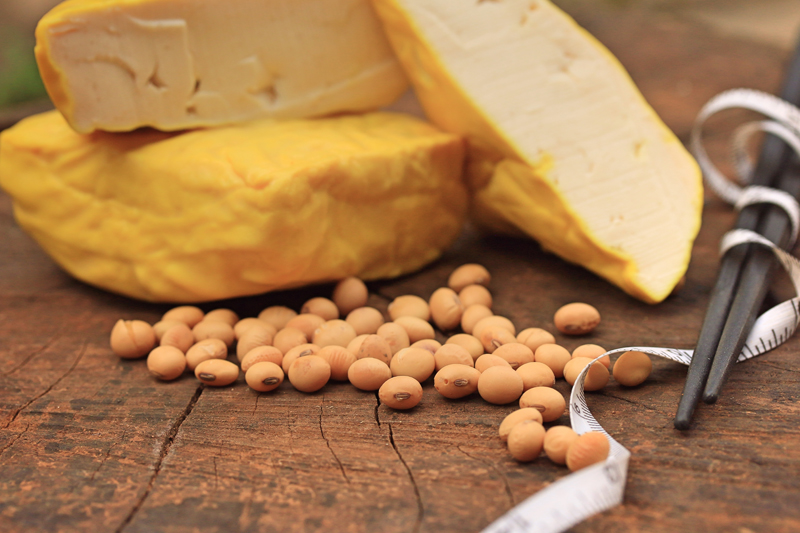
Soy is a great protein source for vegetarians. You can choose to drink soy milk or stir in tofu with your salads for a little flavor as well. Most packaged tofu and soy milk have even more nutrients that would serve a vegetarian well.
Dairy – Protein: 14 grams per 1/2 cup serving
Protein is the leftover residue from the cheese-making process from which you get yogurt. It is easier to digest than milk and is a high-protein Indian food for vegetarians. Of course, ensure no one in your family is lactose intolerant.
Beans and Lentils – Protein: 9 grams per 1/2 cup serving
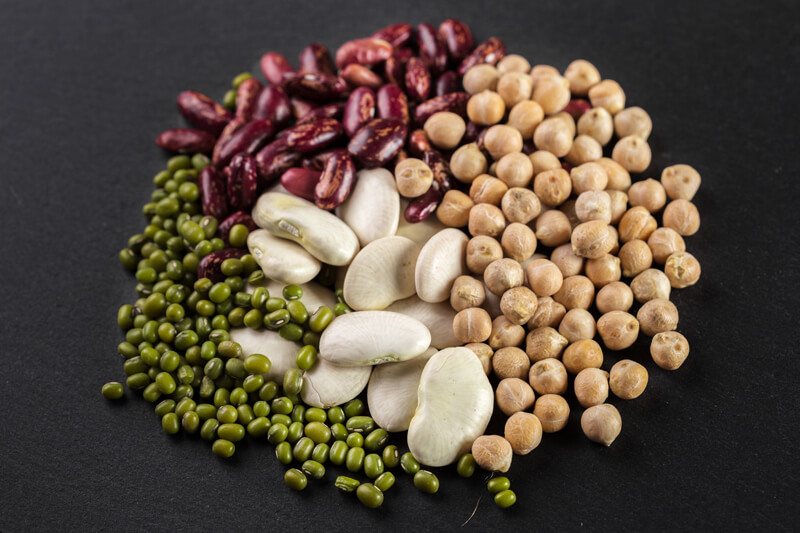
Indians can’t do without their dals. A part of almost every meal, lentils are an Indian protein diet that is an easy and inexpensive way of increasing fiber and essential mineral intake.
Green Peas – Protein: 7 grams per 1 cup serving
Green peas are rich in protein. Mattar paneer is the most common staple in winter, giving you that added energy and protein intake.
Mixed Seeds and Nuts – Protein: 5-7.3 grams per quarter cup serving
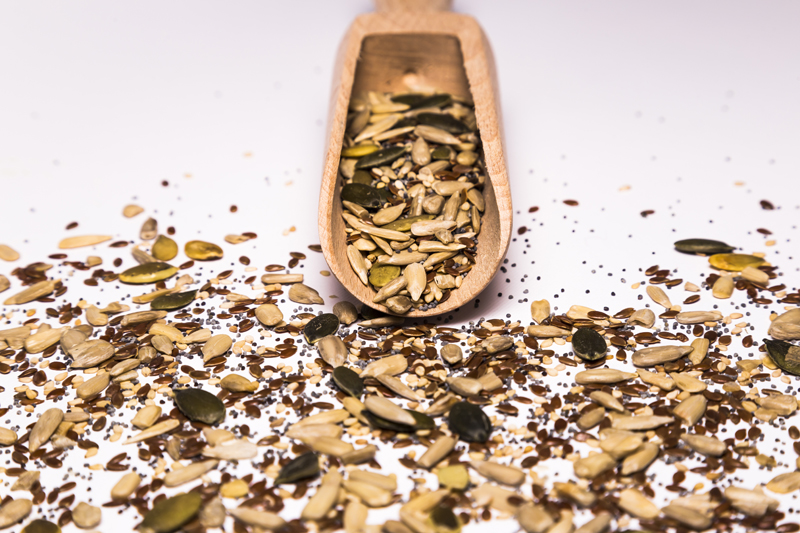
Seeds add crunch and quite a bit of protein to your meals. There are various seeds like sesame, sunflower, pumpkin or poppy seeds that are high in protein and healthy fats.
Chia Seeds – 6 grams at 35-gram serving
In recent days, chia seeds have gained popularity. Aside from protein, they contain nutrients like calcium, magnesium, iron and omega-3 fatty acids. Simply soak them in water and enjoy them with your favorite beverage. No wonder it is a favorite among vegans.
Oats – 6 grams per quarter cup serving
Oats, the superfood everyone loves, are rich in protein and soluble fiber. Plus, its fibre content and low glycemic index help regulate blood sugar levels. You can enjoy it by mixing them with milk and a spoonful of honey with almond toppings.
Sweet corn – 3.3 grams per 100-gram serving
Today, corn is heavily cultivated and used to produce corn syrup and cornflour. Whether boiled, roasted, or steamed, sweet corn is a snack worth trying that doesn’t increase your cholesterol levels.
Balancing a high-protein vegetarian diet
As a vegetarian, there’s also a chance of vitamin B12 deficiency, which can lead to fatigue, lethargy, and weakness. Vegetarian families in India should, therefore, be extremely careful about their protein intake.
This is especially important for children, who are still developing and are even more sensitive to a suboptimal intake of nutrients. Like all parents, vegetarians and vegans want the best for their children. So try and get all the facts to help you make the right choices for you and your family.
The above food options can help vegetarians maintain a high-protein diet while offering a palette of flavors. However, it would also require them to be mindful of their protein intake and need to make informed choices and incorporate these protein sources into their daily meals.
Stay tuned to the Activ Living Community. Keep up to date with the latest health tips and trends through expert videos, podcasts, articles, and much more in nutrition, fitness, mindfulness, and lifestyle conditions like Asthma, Blood Pressure, Cholesterol, and Diabetes.
You may also be interested in the following blogs:
- 10 Vegetarian Foods That Are Rich In Iron
- Eat These 5 Fiber-Rich Foods And Say Goodbye To Digestive Problems!
Popular Searches
How to lower blood pressure | Fruits good for liver | Unhealthy foods | Ragi Benefits | Basal Metabolic Rate | Acupressure points for High Blood Pressure | Ayurvedic medicine for blood pressure | How to control cholesterol at home | Homeopathy for Asthma | Biological Age | Home remedies for TB | Natural beta blockers | Negative effects of internet | Types of walking | Blood pressure calculator | Blood sugar calculator | BMI Calculator





 1800-270-7000
1800-270-7000


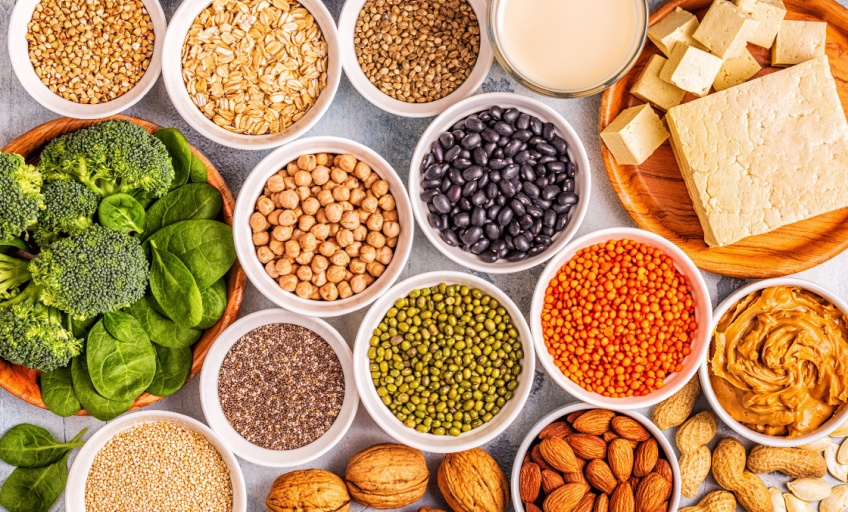
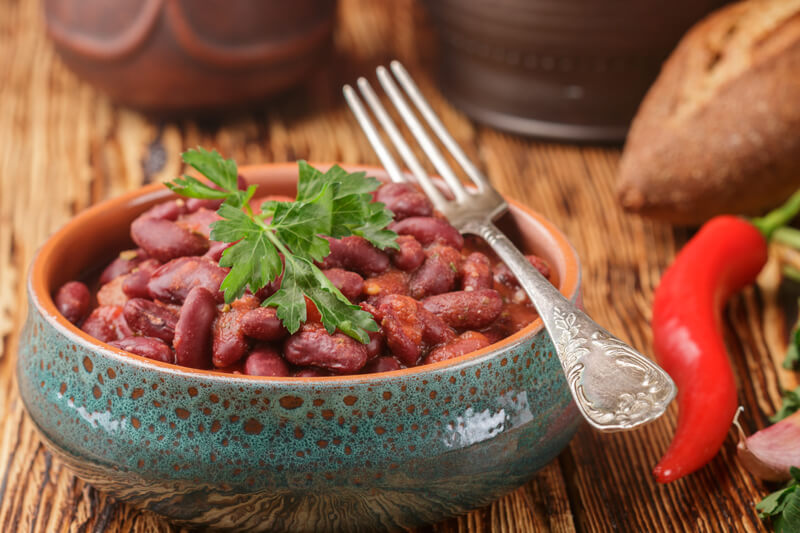
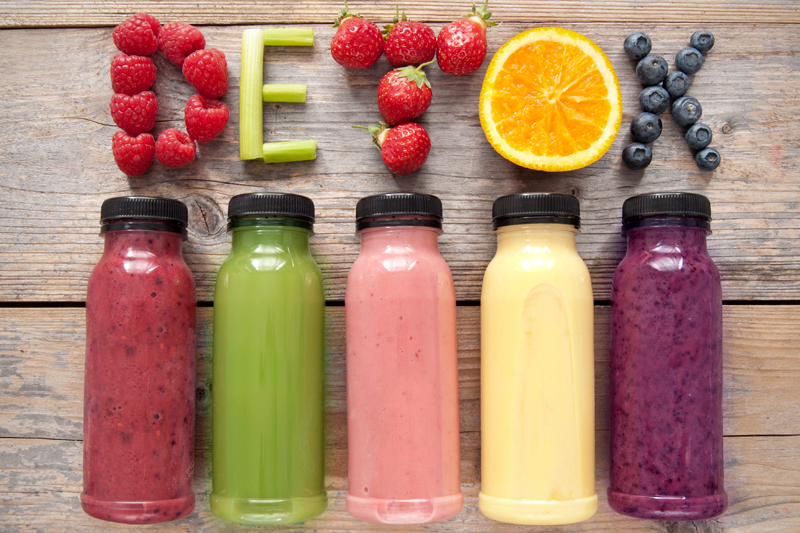

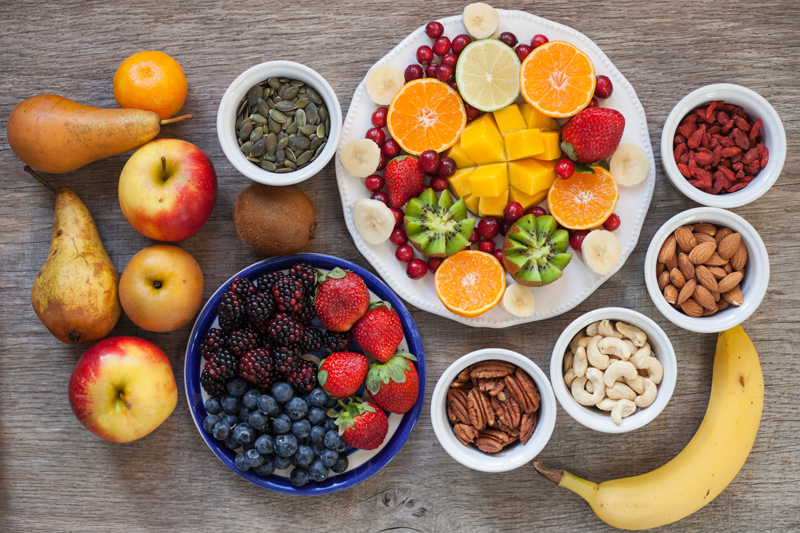




I’ve been exploring for a bit for any high quality articles or blog posts on this sort of house .
Exploring in Yahoo I ultimately stumbled upon this site.
Reading this information So i’m glad to show that I’ve an incredibly excellent uncanny feeling I discovered exactly
what I needed. I such a lot definitely will make certain to don’t put out
of your mind this web site and give it a look regularly.
Article writing is also a excitement, if you know after that
you can write otherwise it is difficult to write.
I visited a lot of website but I think this one holds something extra in it.
Every weekend i used to visit this site, because i wish for
enjoyment, since this this web page conations genuinely good funny stuff
too.
hey there and thank you for your information –
I’ve definitely picked up anything new from right here. I did however expertise several technical issues
using this website, since I experienced to reload the website
a lot of times previous to I could get it to load correctly.
I had been wondering if your hosting is OK? Not that I
am complaining, but slow loading instances times will often affect your placement in google and could damage your quality score if ads and
marketing with Adwords. Anyway I’m adding this RSS to my email and can look
out for a lot more of your respective intriguing content.
Make sure you update this again soon..
Wow, this article is pleasant, my younger sister is analyzing these
kinds of things, so I am going to let know her.
Some truly nice stuff on this internet site, I enjoy it.
Unquestionably imagine that that you said. Your favorite justification seemed to be at the net
the easiest thing to remember of. I say to you, I certainly get annoyed whilst people think about worries that they just do not recognise about.
You managed to hit the nail upon the highest and defined out the
entire thing with no need side effect , other folks could take
a signal. Will probably be back to get more. Thank you!
Wow! This could be one particular of the most useful blogs We have ever arrive across on this subject.
Actually Excellent. I’m also a specialist in this
topic therefore I can understand your hard work.
Thank you, I have recently been searching for info approximately this subject for ages and
yours is the greatest I’ve discovered till now.
However, what concerning the bottom line? Are you certain about the source?
Hi there, just became alert to your blog through Google,
and found that it’s really informative. I am gonna watch out for brussels.
I?ll appreciate if you continue this in future. Numerous people will be benefited from your writing.
Cheers!
I need to to thank you for this very good read!! I definitely enjoyed every little bit of it.
I have got you bookmarked to look at new things you post?
Someone essentially help to make critically articles I would state. This is the very first time I frequented your website page and up to now? I surprised with the research you made to create this actual submit extraordinary. Wonderful job!
I really like and appreciate your blog.Really thank you! Really Great.
Very nice post. I found your site via Google even as looking for a related matter, I’ve truly enjoyed your blog posts. Thanks for sharing this type of useful information. A must-read this article!
I really like and appreciate your article post. Really Great.
I really liked your blog article.Much thanks again. Keep writing.
Thanks for the complete information. You helped me.
This design is steller! You definitely know how to keep a reader amused.
Between your wit and your videos, I was almost moved to
start my own blog (well, almost…HaHa!) Wonderful job. I really loved what you had
to say, and more than that, how you presented it.
Too cool!